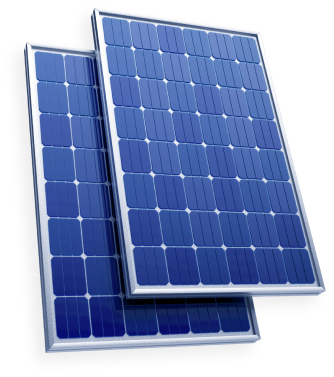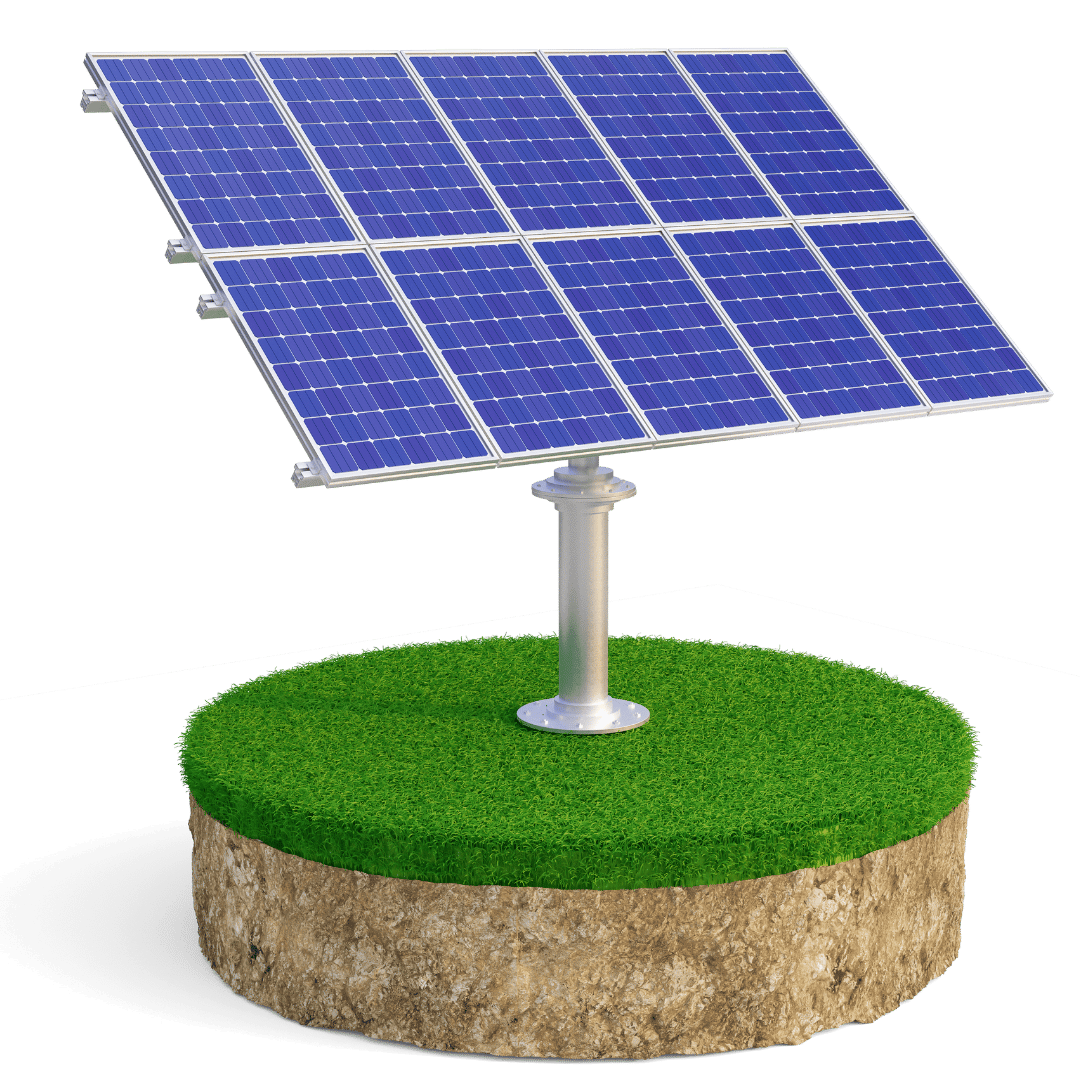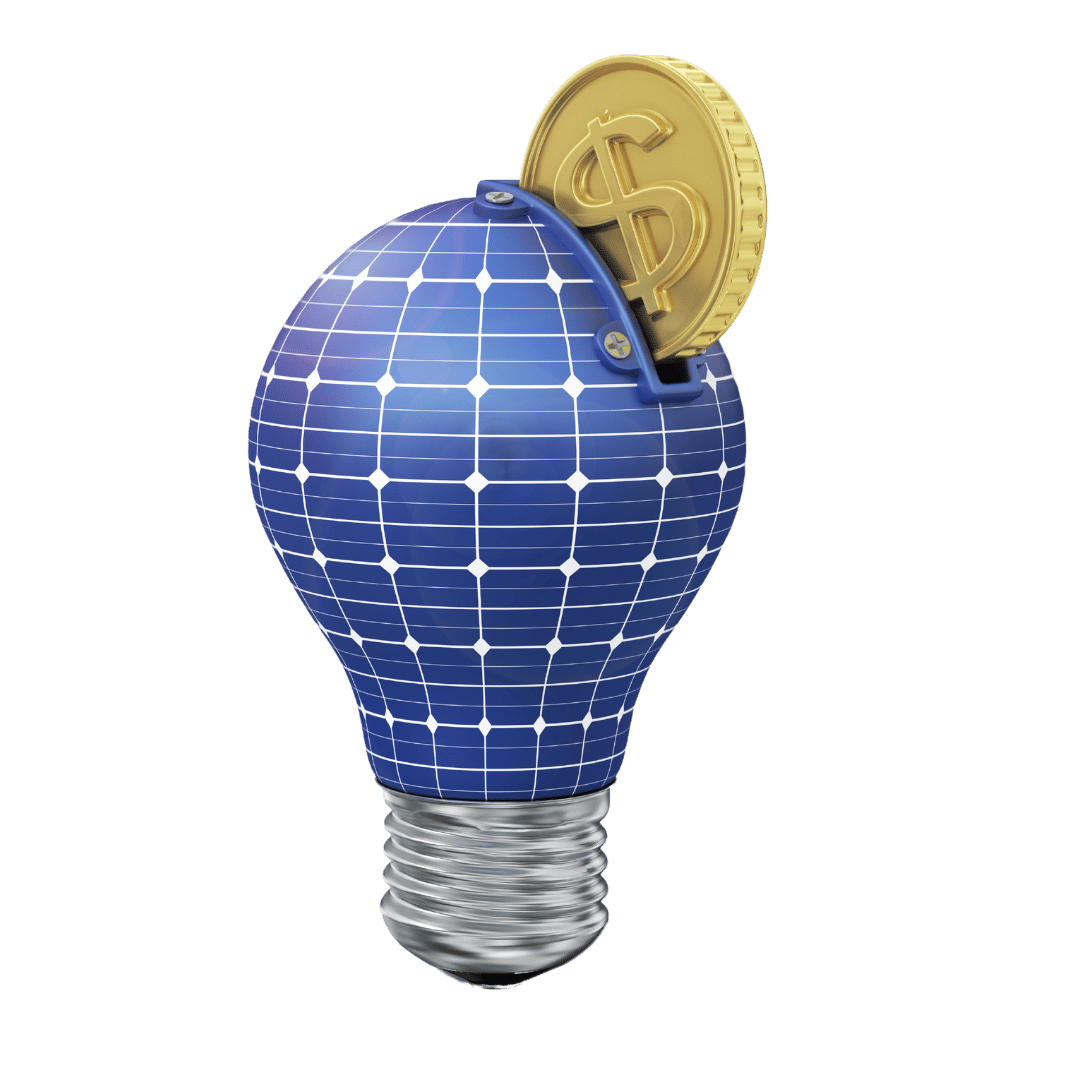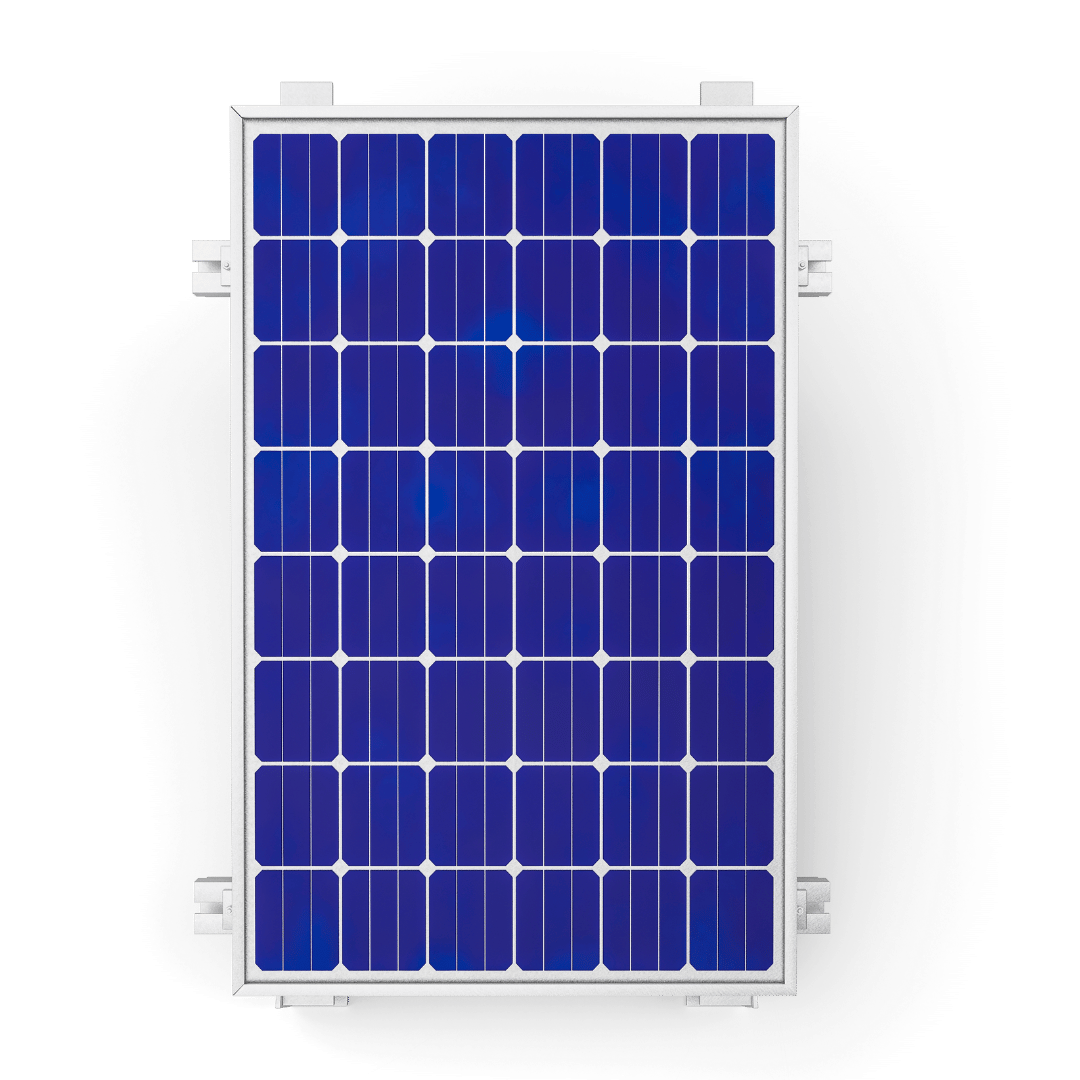Image source: Canva.com
Navigating the financial aspects of installing solar panels can often feel overwhelming. With the promise of reduced energy bills and a smaller carbon footprint, solar power is an enticing option for homeowners. However, the initial costs, complex payment plans, and financing options can create a significant hurdle. Understanding these challenges and finding the right solution is crucial for anyone looking to transition to solar energy. This guide will explore how to overcome the common payment dilemmas associated with solar panel installations, ensuring you can harness the power of the sun without breaking the bank.
Solar Financing Options
You have three primary ways to finance your home solar system: paying upfront in cash, taking out a solar loan, or opting for a lease or power purchase agreement (PPA).
If an upfront payment isn’t feasible, solar loans and leases offer the flexibility to spread out the cost over time.
The most cost-effective options are typically a cash purchase or a solar loan, both of which eventually lead to system ownership. Paying in cash means covering the full cost immediately, with no further payments required. A solar loan works similarly to a car loan or mortgage, with fixed monthly payments over a term usually lasting 5 to 25 years.
The third option is to lease the system or enter a PPA. While these might be more accessible upfront, they often aren’t the best financial decision since you won’t own the system at the end of the term, despite potentially spending tens of thousands of dollars. A solar lease typically costs between $50 and $250 per month, depending on various factors such as the size of the solar system and your geographic location. For example, leasing a system at $150 per month over 20 years totals $36,000 – more than buying it outright, without the benefit of ownership.
Cash Purchase
A cash purchase for solar panels involves paying the full cost of the solar energy system upfront, without any financing or loans. This option is often considered the most straightforward and financially beneficial approach to going solar.
Key Benefits

Immediate Ownership
By paying in cash, you own the solar system outright from day one, which means you get all the benefits, including the energy savings and potential increases in property value.
No Ongoing Payments
Unlike loans or leases, a cash purchase eliminates the need for monthly payments or interest, leading to maximum long-term savings. Once the system is paid for, your only costs are minimal maintenance and insurance, if desired.
Maximized Financial Returns
Without interest or lease fees, you capture the full economic benefit of the solar panels, including utility bill savings, any available tax credits, rebates, and incentives. Over time, these savings can significantly offset the initial investment, potentially resulting in a high return on investment (ROI).
Increased Home Value
Owning your solar system can increase your home’s market value, as future buyers won’t need to assume any payment obligations related to the system. This can make your property more attractive to environmentally-conscious buyers.
Greater Energy Independence
By owning your system outright, you have complete control over your energy production and consumption, allowing you to take full advantage of net metering programs and future energy technologies without any restrictions.
Considerations:
High Upfront Cost: The primary drawback of a cash purchase is the significant initial expense, which can range from several thousand to tens of thousands of dollars, depending on the size and complexity of the system.
Opportunity Cost: Tying up a large amount of cash in a solar system may limit your ability to invest in other areas or meet other financial goals. It’s important to consider whether the potential savings and benefits outweigh the opportunity cost of using that cash elsewhere.
In summary, a cash purchase is the best option for those who can afford the upfront investment and want to maximize their financial and energy benefits over the long term.
Solar Loans
A solar loan is a financing option that allows homeowners to purchase a solar energy system with borrowed funds, similar to taking out a loan for a car or home improvement project. Instead of paying for the solar panels upfront, you repay the loan in fixed monthly installments over a set period, typically ranging from 5 to 25 years.
Key Benefits

Ownership from Day One
Even though you’re financing the purchase, you own the solar system outright from the moment it’s installed. This means you can benefit from any available tax credits, rebates, and incentives, just like with a cash purchase.
No Upfront Cost
One of the biggest advantages of a solar loan is that it significantly reduces the initial financial burden. Instead of paying tens of thousands of dollars upfront, you can spread the cost over time, making solar more accessible.
Fixed Monthly Payments
Solar loans typically come with fixed interest rates, leading to predictable monthly payments that can be easier to budget for. These payments are often structured so that your monthly loan payment is less than or equal to your current electricity bill, allowing you to start saving money immediately.
Potential Savings
Over the life of the loan, the savings on your energy bills can exceed the total cost of the loan, leading to long-term financial benefits. Once your loan is fully paid off, you can benefit from significantly lower electricity costs, as your solar panels will continue to generate energy at a much-reduced price compared to grid electricity.
Flexible Loan Terms
Many lenders offer a variety of loan terms, allowing you to choose the repayment schedule that best fits your financial situation. Shorter loan terms mean higher monthly payments but lower overall interest costs, while longer terms reduce monthly payments but increase total interest paid.
Considerations:
Interest Costs: While solar loans make it easier to afford solar panels, you will pay interest over the life of the loan. The interest rate can vary based on factors like your credit score, loan term, and lender. Higher interest rates or longer loan terms will increase the total cost of the system.
Credit Requirements: Your ability to qualify for a solar loan and the interest rate you receive will depend on your credit score and financial history. Those with lower credit scores may face higher interest rates or difficulty securing a loan.
Monthly Obligations: Unlike a cash purchase, a solar loan requires you to make regular monthly payments. If your financial situation changes, these payments could become a burden.
Ownership Responsibilities: Since you own the system, you are responsible for any maintenance and repairs, although solar systems typically require minimal upkeep.
A solar loan is a great option for homeowners who want to own their solar system but prefer not to pay the entire cost upfront. By spreading the payments over several years, you can start saving on energy costs immediately while eventually gaining full ownership of the system. However, it’s important to consider the interest costs and ensure that the loan terms align with your financial goals.
Solar Leases and PPAs
Solar leases and power purchase agreements (PPAs) are financing options that allow homeowners to benefit from solar energy without the upfront costs or maintenance responsibilities associated with owning a solar panel system. Both options involve a third-party company installing and owning the solar system on your property, while you pay for the energy it generates.
Solar Lease
How It Works:
With a solar lease, you agree to pay a fixed monthly fee to the solar company that owns the system on your roof. This fee is typically lower than your previous utility bill, allowing you to save money on energy costs.
The amount you pay each month does not depend on how much energy the system produces or how much you use, as the fee is pre-set.
Key Benefits


No Upfront Costs
Solar leases typically require little to no money down, making solar accessible without a significant initial investment.

Maintenance-Free
Since the solar company owns the system, they are responsible for maintenance, repairs, and monitoring, giving you peace of mind.

Predictable Payments
The fixed monthly payment makes it easier to budget and plan your finances.
Considerations:
No Ownership: You do not own the solar system, meaning you won’t benefit from tax credits, incentives, or increased property value.
Long-Term Costs: Over the course of the lease, you may pay a significant amount of money without ever owning the system.
Potential Escalators: Some leases include an escalator clause, meaning your monthly payment could increase annually by a fixed percentage.
Power Purchase Agreements (PPAs)
How It Works:
In a PPA, you agree to purchase the electricity generated by the solar system on your property at a predetermined rate, which is typically lower than your current utility rate.
The rate you pay per kilowatt-hour (kWh) is agreed upon in the contract and can either be fixed for the entire term or subject to a slight annual increase.
Key Benefits

No Upfront Costs
Like leases, PPAs usually require little or no upfront payment, making solar more financially accessible.
Pay Only for What You Use
With a PPA, you pay only for the electricity your system produces, which can lead to significant savings if your solar generation aligns with your energy usage.
Maintenance-Free
The solar company is responsible for all system upkeep, ensuring it operates efficiently without any additional cost or effort from you.
Considerations:
No Ownership: Similar to leases, you do not own the solar system and thus do not benefit from tax credits or incentives.
Variable Costs: While you pay for the electricity you use, fluctuations in your energy needs or changes in the agreed rate can affect your monthly expenses.
Long-Term Commitment: PPAs often span 15-25 years, and breaking the agreement early can incur penalties or fees.
Solar leases and PPAs provide an alternative path to enjoying solar energy without the upfront costs or responsibilities of ownership. They are particularly appealing if you prefer a hands-off approach and prioritize immediate savings on your electricity bills. However, the lack of ownership means you won’t directly benefit from incentives, and the long-term financial implications should be carefully considered before committing to either option.
Solar Panel Tax Credits and Rebates
Rebates and incentives are available to help offset the cost of solar panels significantly. The most valuable incentive is the federal solar tax credit, also known as the investment tax credit (ITC), which allows you to deduct 30% of the cost of your solar panel system from your federal income tax. This 30% credit is available until 2033, after which it will drop to 26%. There is no cap on the system’s value, so you can deduct 30% of the total cost regardless of the amount.
State and local incentives also vary depending on your location. States like New York, Rhode Island, Iowa, Connecticut, and Maryland offer some of the most favorable solar tax incentives.
Cash vs. Loan vs. Lease: Solar Financing Options
When a Cash Purchase Is the Smart Choice?
- You have the funds available to pay for the solar panel system upfront.
- You want to maximize your financial benefits, as a cash purchase provides the highest return on investment (ROI).
- You aim to take advantage of the investment tax credit (ITC) and other tax incentives and rebates.
- You prefer to own your solar system outright with no ongoing payments.
When a Solar Loan Is the Smart Choice?
- You don’t have enough funds to pay for the solar system upfront.
- You still want to maximize your savings while benefiting from the ITC and other tax incentives and rebates.
- You want to own your solar system outright by the end of the loan term.
When a Solar Lease or PPA Is the Smart Choice?
- You’re not focused on achieving the highest ROI from your solar system.
- You aren’t eligible for the ITC or other tax incentives.
- Owning the solar system at the end of the lease or PPA is not a priority for you.





